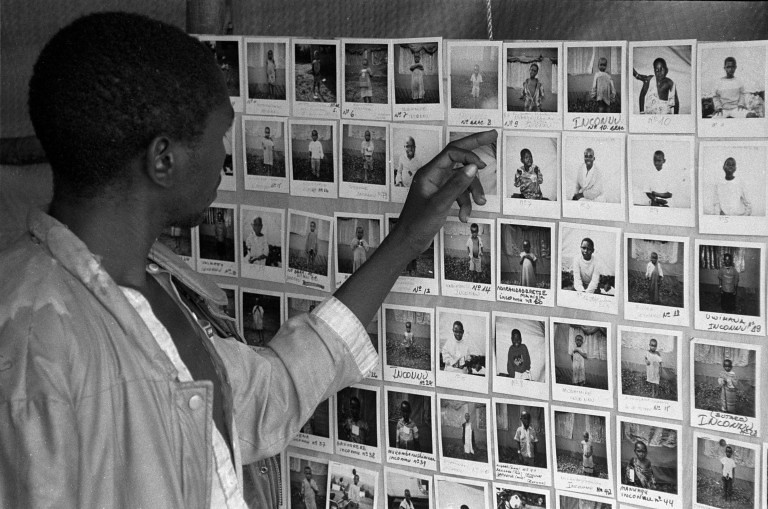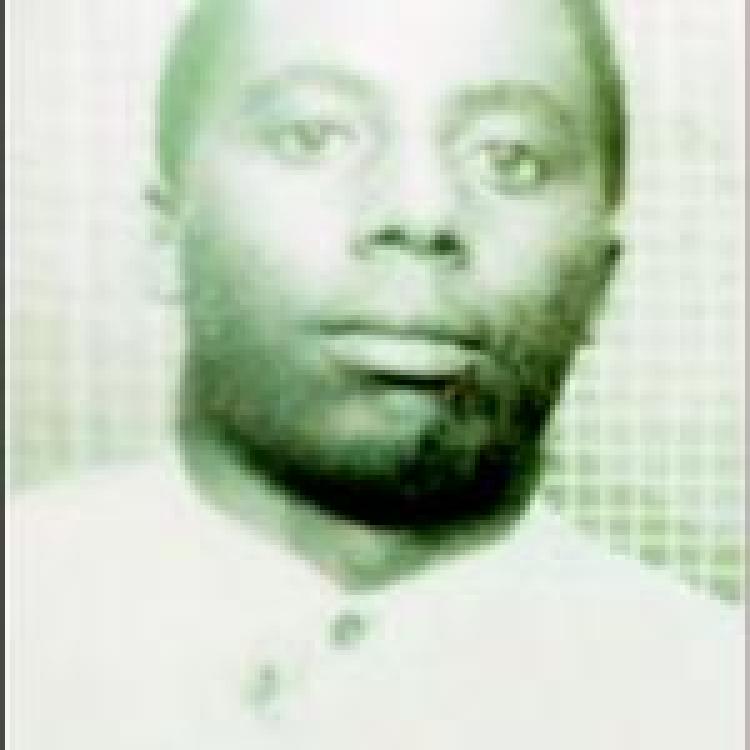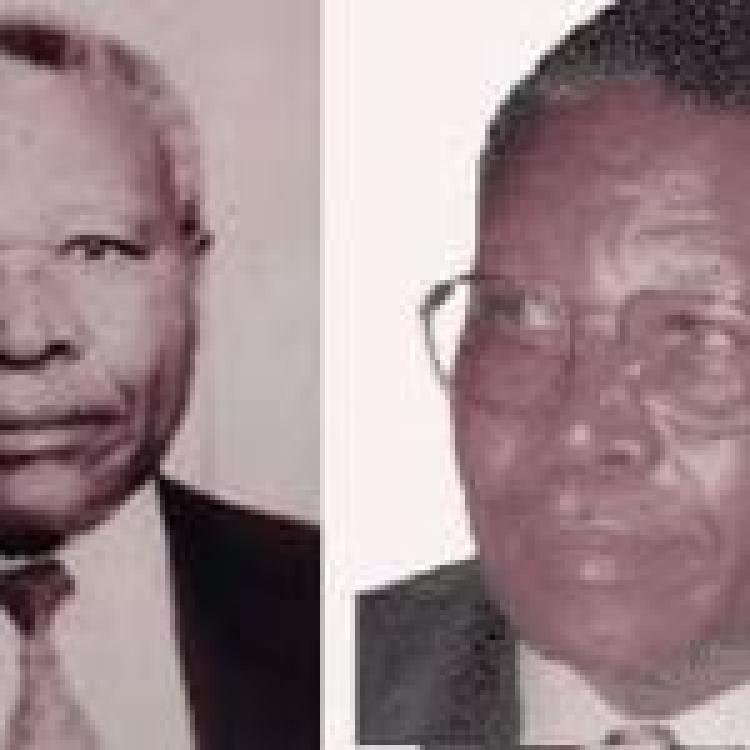
(Photo of Rwandan father looking for lost child after 1994 genocide: Credit - British Red Cross)
Rwanda’s government has issued an international arrest warrant for former Rwandan spy, Aloys Ntiwiragabo, for his role in the 1994 Rwandan genocide.
According to French news site Mediapart, the International Criminal Tribunal for Rwanda (ICTR) has identified Ntiwiragabo as one of the architects of the genocide.
This warrant follows the arrest of alleged genocide architect, Felicien Kabuga, who had evaded authorities for 25 years by travelling to several countries. Kabuga is accused of financing the Rwandan genocide.
An estimated 800,000 people died during this genocide within 100 days. The massacres were organised by the Hutu-led government against the Tutsi people.
The investigation against, Ntiwiragabo, was opened after he was found in the suburbs of the city of Orleans, about 100km southwest of Paris. Al Jazeera reports that France has long been a hidden place for wanted genocide suspects, but whilst there have been dozens of cases, “Paris has so far never extradited a suspect to Rwanda”.
Rwandan Prosecutor-general Aimable Havugiyaremye has reported that Rwananda authorities will be “working with the French unit in charge of combatting war crimes and crimes against humanity”.
Read more from Al Jazeera.



